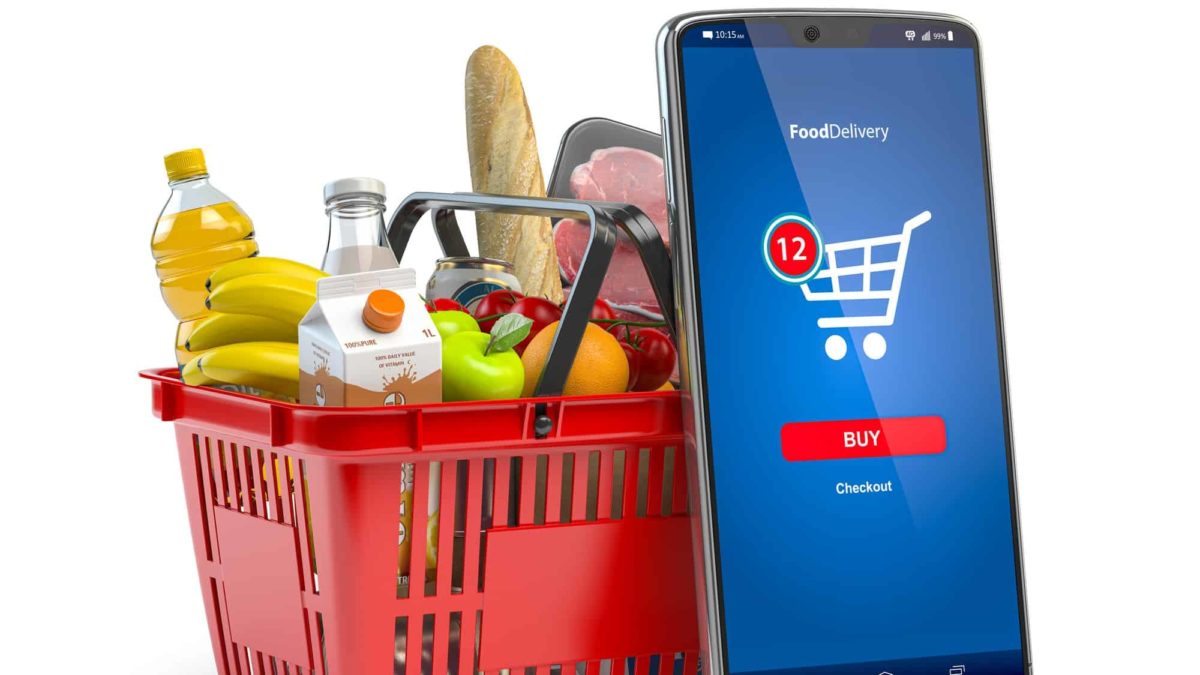
Image Source: Getty Images
I've written regularly, and recently, about the power of growth.
We are — whether you like it or not — in a world that continues to speed up.
As Motley Fool co-founder David Gardner likes to say, a couple of hundred years ago, you could tell not only what your kids would do, but what their kids would do.
If you were born a farmer, you'd stay a farmer… and so would your kids and grandkids.
These days, jobs seem to have a half-life that continues to shorten.
That's different from rising unemployment, by the way, because new jobs are also being created.
And at a faster rate, too. As of the most recent employment stats, there have never been more Australians in work!
Still, the jobs themselves change.
So do the businesses that offer those jobs.
Whole new companies — new industries — are being created at an unprecedented pace.
And they're getting big, quicker than ever, too.
Consider the top 4 or 5 US-listed businesses: Apple, Microsoft, Amazon, Google, Facebook.
Apple and Microsoft are the granddaddies of that list — at barely 40 years old.
And realistically, their current key businesses — iPhones and cloud computing and storage — are barely a decade old.
That top 5 — somewhere around $10 trillion Australian dollars of market cap — didn't exist at all, 50 years ago, and were a tiny fraction of their current size a decade ago.
Meanwhile, the old 'Top 5' are dead, dying, or desperately trying to keep up.
My message? Simple: Times are changing, and it's never been more important to look forward, rather than backward.
Which doesn't mean old businesses have no choice, or no options.
But it does mean, more than ever, that change is life, and calcification is corporate death.
That much was rammed home this week when Woolworths released its quarterly sales report.
We talked about it on this week's episode of Motley Fool Money, which dropped yesterday. Why not check it out?
Woolies performance was a COVID-impacted comparison, of course — last year's numbers were boosted by panic buying and toilet paper stockpiles that could be seen from the moon.
But it wasn't the raw numbers themselves that caught my attention.
It was the proportion of Woolies food and grocery sales that were delivered online.
That number?
7.9%.
Roughly $1 in every $12 of food that Woolies sells is now done via eCommerce.
Not CDs.
Not televisions.
Not movies or music.
Food.
There was a time when groceries were considered the last bastion of physical retail.
That is now under threat.
In fact, it's not just under threat, but the walls are crumbling.
And, to fearlessly mix my metaphors, that is emblematic of the changes that are already shaking the foundations of retail.
How many retail stores do you reckon JB HiFi will eventually need?
How many supermarkets can the big guys sustain as they leak ever more business online?
What does this do to the landlords of these stores?
And the shops either side, who depend on the foot traffic?
What happens to the market share of the retailers who lead the charge online?
And to those who are lagging behind?
What does it mean for the retailers who can't get their websites right?
Their pricing?
Their delivery and service?
I'll give you a hint.
I jumped online to order a couple of cases of beer the other day.
I live in a regional area, but it's a pretty big one. We have our own Dan Murphy's.
I went to the Dan's website.
The products were easy to find.
The prices were good.
The delivery?
7 – 21 business days.
Needless to say, they didn't get my order.
How long do you reckon it'll be until I find another online option?
And how long do you think it'll take until that retailer becomes my grog retailer of choice?
Not long.
And Dan's will lose a customer.
Now, I'm not hating on Dan Murphy's.
That's just a single isolated example.
But it's a good example of what can happen if you don't get your online offering right.
Because, as its grocery stablemate knows, the shift is on.
It's unstoppable.
Retailers will probably live or die on their ability to adjust.
And — importantly for us as investors — so could our portfolios.
As I said at the top, change it's happening.
It's happening faster than most people expect… or understand.
Not everything will change, of course.
And the incumbents have an advantage.
But that advantage is being eroded, literally 24 hours a day, by disruptors who are cheaper, quicker, and better.
The good news for Woolies shareholders, is that the company seems to be adapting very quickly.
Hopefully, for them, it wins the race.
But here's the thing about online commerce — the winner can make a fortune.
The problem is that it's often 'daylight' second, third and fourth.
You really, really don't want to be left behind.
Geography no longer matters.
Brand matters, but so does your Google ranking and your digital advertising.
And scale is king.
These are the things that investors need to be thinking about.
The world is changing.
Is your portfolio ready?








